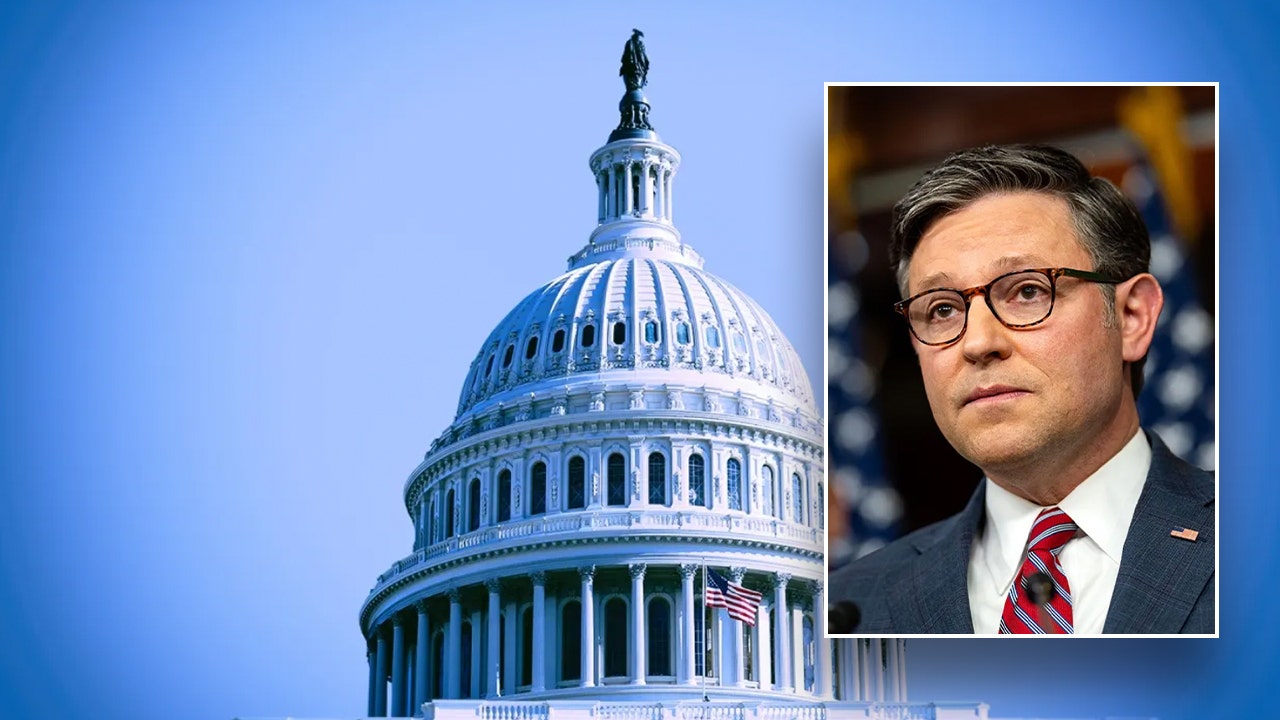As New Hampshire grapples with the mounting challenge of solid waste management and disposal, private waste management companies have stepped up their lobbying efforts.
With a slew of bills introduced in this year’s legislative session aimed at improving landfill safety and environmental protection, these companies have looked to influence waste policy and shape New Hampshire’s solid waste landscape with increased lobbying efforts.
According to reports filed with the New Hampshire Secretary of State, lobbying expenditures in the first quarter indicate that waste management companies have hired lobbyists at a cost of $60,000. Over the past three years, these companies have collectively spent approximately $250,000 in New Hampshire on lobbying efforts.
Casella Waste Systems and Waste Management, two of the major players in New Hampshire’s waste industry have accounted for the significant portion of money spent on lobbying, while WIN Waste Innovations has spent comparatively less.
This year, Casella Waste Systems’ subsidiary North Country Environmental Services, which operates a landfill in Bethlehem and is proposing to operate another controversial landfill close to Forest Lake in Dalton, has spent $18,000 on one of its lobbyist firms, Demers & Prasol Inc.
Another lobbying firm working for NCES is Dennehy & Bouley Group LLC, with Concord Mayor Jim Bouley and his son, Jackson Bouley serving as lobbyists for the company for at least four and three years respectively.
NCES has paid $15,000 to work with the Dennehy & Bouley Group. The city iof Concord contracts with Casella for waster hauling. Bouley declined to comment for this story.
Environmental advocacy organizations like North Country Alliance for Balanced Change and Conservation Law Foundation have also engaged the services of lobbyists to influence solid waste issues.
Waste management companies typically spend significantly less money on lobbying compared to the lucrative contracts they acquire with towns in New Hampshire.
For instance, Allenstown has a ten-year collection and disposal contract with Casella Waste Systems for 1,038 residential units which is set to expire next year. As part of the agreement, the town pays the company $1 million annually, with a 3% escalator applied each year.
Additionally, under the agreement, the town is required to compensate the company $105 for every additional residential unit, but there will be no adjustments made to the town’s cost if the number of residential units decreases.
The influence of lobbyists in New Hampshire, whether they are from non-profit entities or corporations, is considerably more significant due to the state’s citizen legislature.
With the state’s financial constraints limiting legislators and agencies from having their own experts, Anna Brown, the director of research and analysis at Citizen’s Count, pointed out that individuals within different industries are frequently the only source of information available to educate lawmakers, making them more open to hearing from such individuals.
“Lobbyists have a lot of influence, not necessarily because they are spending gobs and gobs of money and time, but because there are hundreds of bills that legislators and citizens don’t really know what’s going on,” said Brown. “I could definitely see them [legislators] wanting to engage with the industries and get their perspective.”
In this year’s legislative session, several bills were introduced to improve landfill safety, including House Bill 56 and Senate Bill 61.
HB 56 proposed increasing the distance between landfills and water sources, while SB 61 focused on hiring a consultant to conduct a study on landfill siting standards and revise rules governing setbacks for newly constructed landfills.
While environmental advocates supported HB 56, it was SB 61 that gained the backing of both the industry and the New Hampshire Department of Environmental Services.
Rep. Peter Bixby, who has served in the legislature for many years, said that there are lobbyists who are adept at presenting information about bills, as well as some who are ineffective, and sometimes even overbearing.
“We really like lobbyists who are able to maintain the level of being highly informative, clear with their policy intentions but at the same time respecting our role as legislators in terms of balancing everything,” said Bixby.
Legislators in New Hampshire haven’t experienced many issues with lobbyists, according to Bixby, save for a couple when the committee ends up looking at them with a higher level of skepticism than others.
Environmental advocates who are pushing for stronger landfill regulation and environmental protection bills in the House and Senate believe that the waste industry is doing more than just lobbying to impede the passage of bills that could make it challenging for waste management companies in the state.
Environmental scientist Adam Finkel, who previously worked with the Occupational Safety and Health Administration and has experience in business lobbying, said that having a financial interest in influencing legislation and rulemaking is not inherently wrong. However, he emphasized the significant distinction between having a financial interest and having a paycheck that depends on pleasing one’s boss or the company they work for as a consultant.
“There’s lobbying and there’s running the show and at some point, lobbying changes from just these are our views,” said Finkel. “We’d like to support your campaign with money if we can get our way to actually negotiating legislation with the governor – that’s more than lobbying.”
At a recent hearing of SB 61, tensions ran high as Mark Sanborn, assistant commissioner of the state Department of Environmental Service, warned that any amendment to the bill could jeopardize its passage.
Gov. Chris Sununu echoed Sanborn’s opinion on the bill.
“I think it’s a great bill as is and if they start throwing more amendments on it like I’ve heard, it’s going to doom it either in the legislature or through a veto because then it becomes just completely untenable,” Sununu said
Contribution reports indicate that Gov. Sununu’s 2022 general election campaign has received $2,000 in donations each from Casella Waste Systems and Waste Management, the operator of the Turnkey landfill in Rochester – the largest landfill in New England.
Sanborn argued that the department had spent significant time and effort in discussions with “stakeholders” throughout the year, and any change to the bill could cause one of the parties to withdraw their support.
However, some were skeptical of Sanborn’s claims, including Finkel, who has been involved in environmental advocacy in the North Country, who noted that no one from the region was present during the NHDES’s discussion with the stakeholders.
There was speculation that Sanborn might be referring to a waste company potentially backing out if the bill is amended.
Another instance where lobbyists could be exerting more influence than just lobbying was during a conversation between Finkel and legislators.
While stating the need to make the language of SB 61 more scientifically precise, Finkel said he was informed that the proposed changes would first need to be run by representatives of the governor, NHDES and Demers, the lobbyist for North Country Environmental Services.
When asked about the accusation, Demers declined to comment, saying he wasn’t authorized speak to the media.


























/cdn.vox-cdn.com/uploads/chorus_asset/file/25782636/247422_ChatGPT_anniversary_CVirginia.jpg)
/cdn.vox-cdn.com/uploads/chorus_asset/file/25789444/1258459915.jpg)

/cdn.vox-cdn.com/uploads/chorus_asset/file/25546252/STK169_Mark_Zuckerburg_CVIRGINIA_D.jpg)


/cdn.vox-cdn.com/uploads/chorus_asset/file/23951353/STK043_VRG_Illo_N_Barclay_3_Meta.jpg)